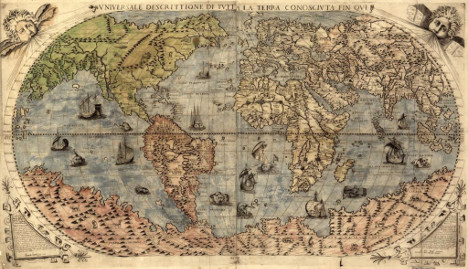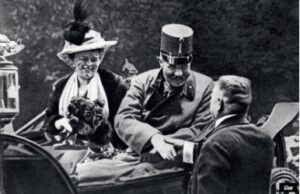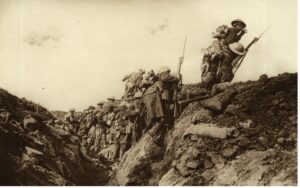Most months a member will give a presentation, discussing a current work in progress, the research and writing process, or an area of personal interest and expertise. A collegial Q&A ensues, and the speaker can, if they wish, ask for suggestions for improvement in case they will be giving the talk at other venues. These programs are usually held at 2:00 PM on the third Sunday of the month, except for December; exceptions can be made as necessary. A digital projector and screen are available. Another member volunteers to take notes and write a report for the newsletter, or the speaker may provide a synopsis instead.
We try to have a speaker each month, though this is not always possible. Ideally, we schedule the programs as far in advance as possible. Members who are interested in giving a talk or other program (such as a film or exhibit tour) should email president@tihs.org.
Videos of some presentations can be viewed on our YouTube Channel.



